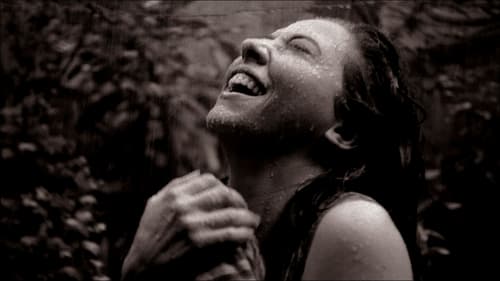Paulo Emílio Sales Gomes
Birth : 1916-12-17, São Paulo, Brazil
Death : 1977-09-09

Ele mesmo (arquivo)

Self - Film Critic (archive footage)
A deep investigation, in the way of a poetic essay, on one of the main Latin American movements in cinema, analyzed via the thoughts of its main authors, who invented, in the early 1960s, a new way of making movies in Brazil, with a political attitude, always near to people's problems, that combined art and revolution.

Original Story
The affectionate relationship between mentor Alberto and his favorite pupil Polydoro is disturbed by Alberto's marriage to Helena, with life-changing and long-lasting consequences for all of them.

Short Story
The affectionate relationship between mentor Alberto and his favorite pupil Polydoro is disturbed by Alberto's marriage to Helena, with life-changing and long-lasting consequences for all of them.

São Paulo, late 30's. Alberto (Paulo César Pereio) is an intellectual and professor who announces to his friend and pupil Polidoro (Nuno Leal Maia) he won a scholarship to study in Paris. In Paris Polidoro receives a letter in which Alberto announces that he married Helena (Ana Maria Nascimento e Silva). Polidoro returns to Brazil in 1945, when there was a strong political agitation against the New State. Alberto invites Polidoro to spend a few days at his home in Campos do Jordão. After reaching the site he is told by Helena that Alberto was forced to travel urgently. She insists he should stay there until the return of her husband and, while waiting, she seduces him. Then, after several days of intense passion, she orders Polidoro to go away and never see her again.

Ele mesmo (arquivo)

Dialogue

Nitrato expresses the ambiguities and contradictions of the Cinemateca Brasileira. The film deals with the richness of its collection, the recognition of international entities, and explores what its relationship to the general public was like. Nitrato also portrays the neglect with which the institution is treated, as seen in how precarious its building infrastructure is, how politicians neglected to communicate with the institution’s staff, and the aftermath of another fire in the building.

Oswald de Andrade (voz)
Reconstitution, through photos, films and texts, of the arrival in Brazil of the poet Cendrars, in 1924. Tributes received, visits throughout the country and the desire to make a "100 percent Brazilian film". Testimonials from figures who lived with the intensity of the core of modernist artists: Tarcila do Amaral, Oswald de Andrade, Mário de Andrade and Di Cavalcanti. Scenes from São Paulo, Rio de Janeiro, São Martinho Farm and the 1924 Revolution. Scenes from the movie LES HEURES CHAUDES DE MONTPARNASSE. Reference to Aleijadinho and Febrônio Indio do Brasil.

Writer
Couple whose marriage is at stake delve into the past, with the help of a diary and some home movies. In these movies, Helena, the woman's suicidal friend, has an important role.

Writer
Adaptation of Machado de Assis’s classic novel “Dom Casmurro”. Bentinho and Capitu are friends since childhood and end up marrying. But Bentinho destroys his life when he starts suspecting Capitu has an affair with his best friend and that his son is not really his.






